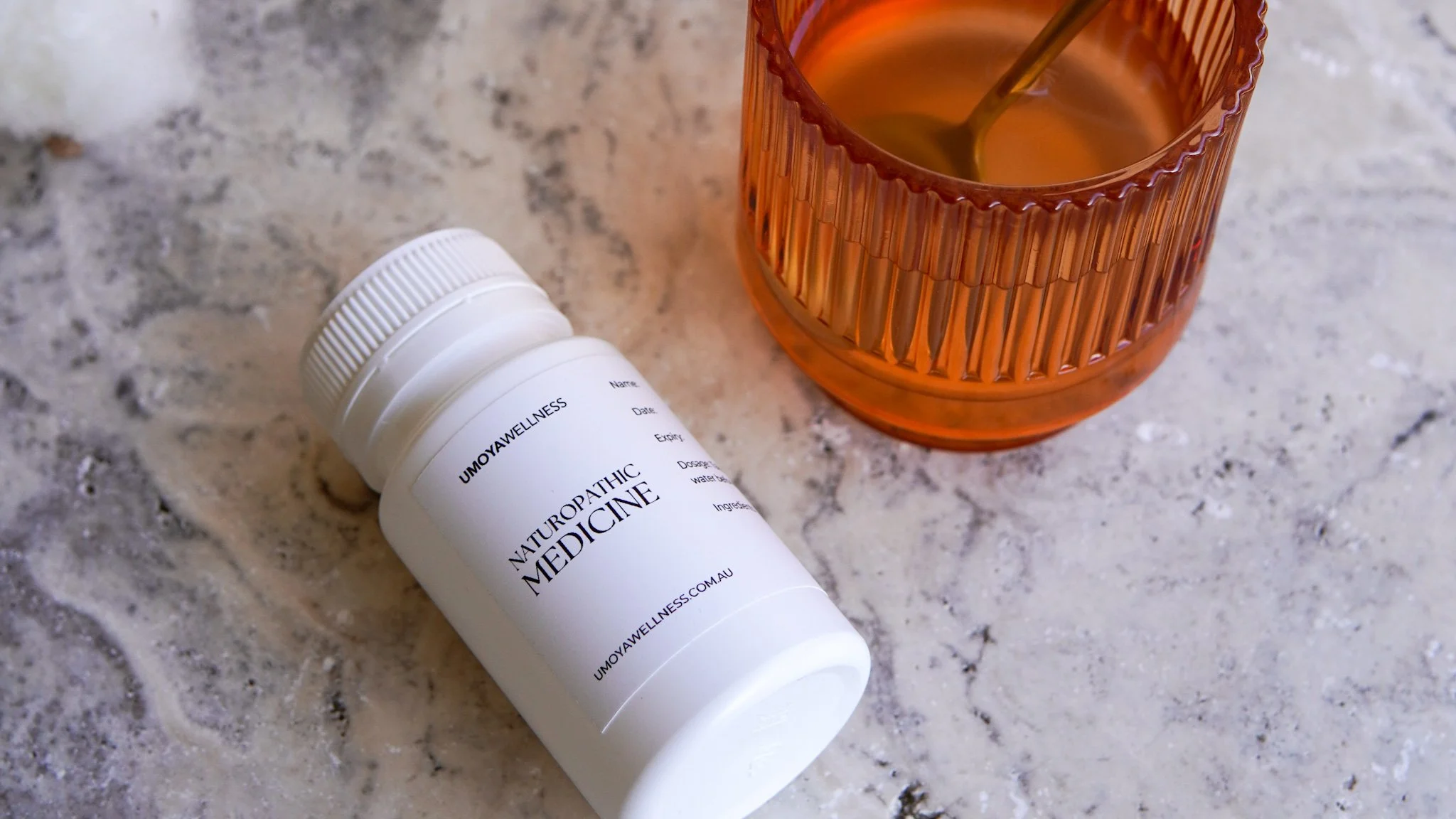The 5 Best Herbs To Boost Testosterone Production In Men
Testosterone is a key hormone that plays a crucial role in various aspects of health and well-being. In men, it promotes the development and maintenance of strength and muscle mass, increases bone density, enhances libido and sexual function, improves mood and cognition and reduces the risk of heart disease.
Testosterone levels tend to decline with age and poor lifestyle and dietary habits. This decline is associated with an increased risk of disease and mortality. Thankfully, these 5 herbs are among the many that have been shown to safely promote testosterone production in men.
Tribulus terrestris
Tribulus contains a group of bioactive compounds known as saponins, particularly protodioscin. Some research has suggested that protodioscin may stimulate the production of luteinizing hormone (LH) and dehydroepiandrosterone (DHEA). LH and DHEA play a crucial role in regulating testosterone production in the testes. When their levels increase, it can potentially lead to an increase in testosterone production.
Withania somnifera
The hypothalamic-pituitary-gonadal axis is a complex system of hormonal regulation that controls testosterone production. Withania, otherwise known as ashwagandha, may modulate this axis by influencing the release of hormones such as LH and follicle-stimulating hormone (FSH), which play key roles in regulating testosterone synthesis.
Panax ginseng
Ginsenosides, the active compounds in Panax ginseng, are believed to affect hormonal regulation. Some studies suggest that ginsenosides may influence the hypothalamus-pituitary-gonadal (HPG) axis, which plays a crucial role in testosterone production. By modulating this axis, Panax ginseng may indirectly promote testosterone synthesis.
Rhodiola rosea
Rhodiola is known for its adaptogenic properties, which means it may help the body better manage stress. Chronic stress can lead to elevated levels of cortisol, a stress hormone that, when chronically high, can suppress testosterone production. By reducing stress and cortisol levels, rhodiola may create a more favorable hormonal environment for testosterone.
Coleus forskohlii
Forskolin, a compound found in Coleus, is known to activate an enzyme called adenylate cyclase. This activation leads to an increase in cyclic AMP (cAMP) levels in cells. Elevated cAMP levels can stimulate various cellular processes, including the production of hormones like testosterone. Some studies suggest that forskolin's ability to raise cAMP may play a role in increasing testosterone synthesis in the testes. Additionally, this compound has been found to increase secretion of LH.









